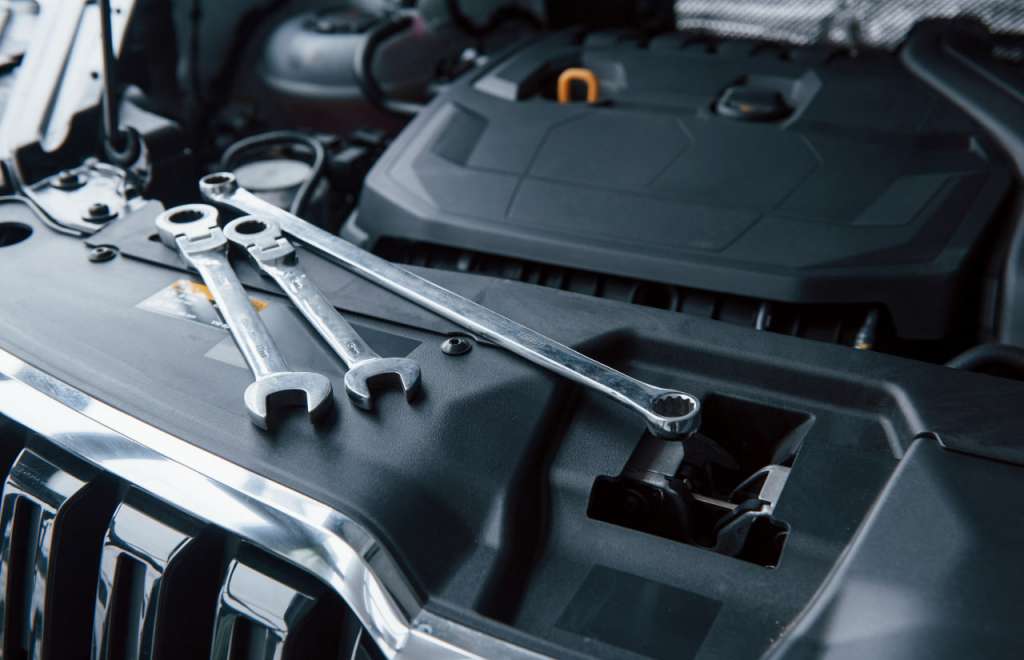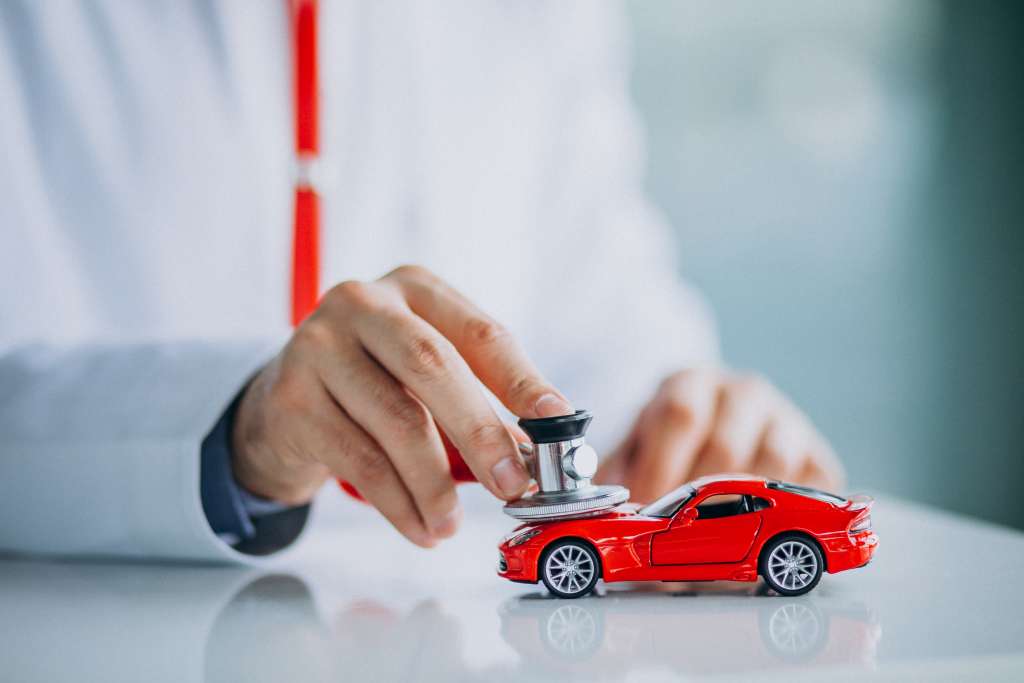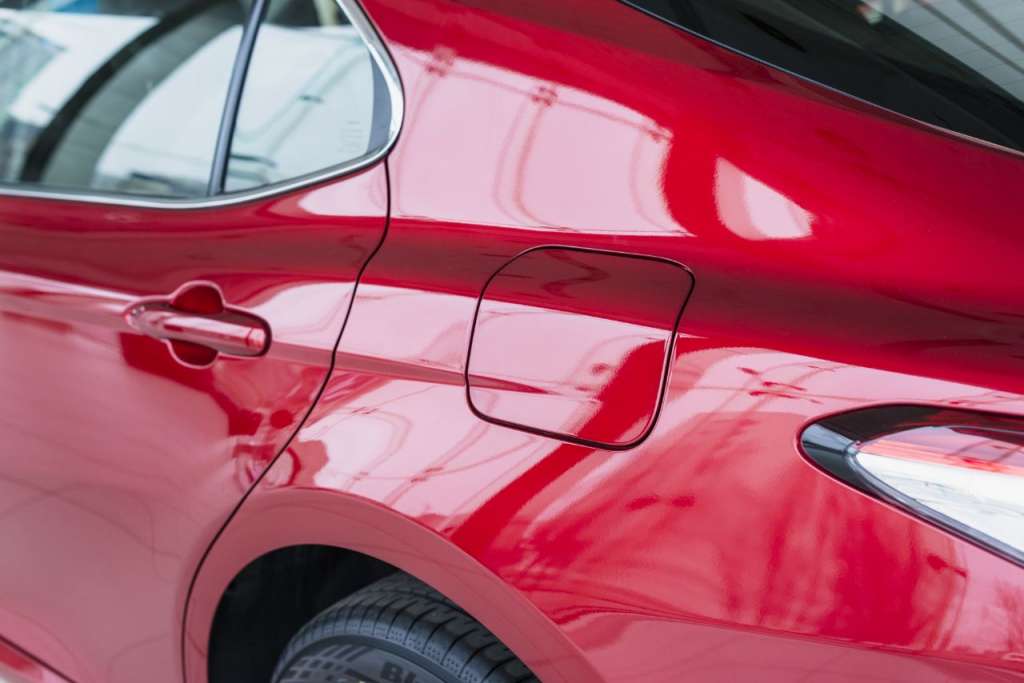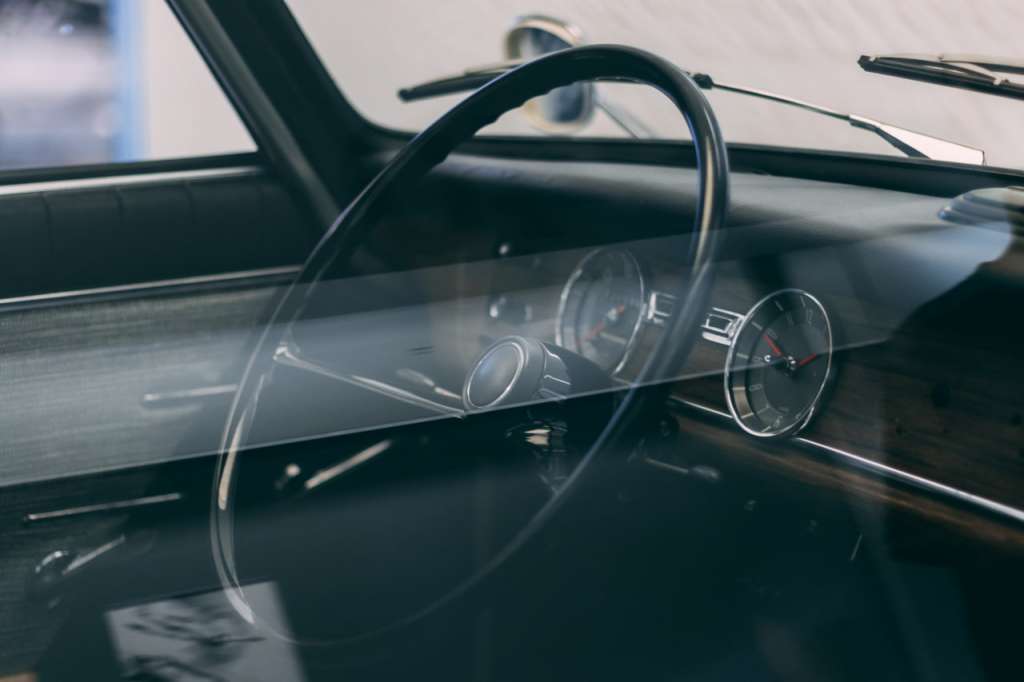Checking the legal cleanliness of a car in general and specifically for the presence of arrest is one of the mandatory steps in preparing to purchase a vehicle. Without it, the deal becomes risky and may likely result in financial losses. According to statistics, about 80% of Ukrainians buy a car, trusting the seller`s words about the absence of legal issues. However, around 60% of imported American cars to Ukraine have a suspicious history.
They usually reveal themselves after a few weeks or months when it turns out that the vehicle is under arrest. There is a risk of the transaction being declared illegal and losing the car. To avoid such a scenario, it is recommended to check the car for arrest by VIN code, which can be done for free.
What is Car Arrest?
The arrest of a vehicle is associated with the seizure of the debtor's property and implies a ban on its disposal. The decision is often made by bailiffs with the aim of further realizing the car to repay the debt.
This measure often leads to the impossibility of carrying out registration procedures at the traffic police. As a result, the owner retains the car under responsible custody, which excludes the legal possibility of its sale or donation.
The registration ban not only prevents the sale of the vehicle but also its deregistration, document replacement. Arrest is applied in the presence of unpaid debts on financial obligations - loans, microloans, alimony, taxes, fines, utility bills, etc., in case of disputes over ownership, vehicle theft.
The imposed restrictions become a barrier to exporting the vehicle abroad, realizing property rights. Often used in the process of dividing the car in divorce or transferring it to a creditor as collateral.
Checking a car for arrest by VIN code will help determine which authority has decided to take measures to secure the claim for debt. Among them:
- customs authorities;
- court;
- bailiff service.
How Car Arrest is Imposed
Officers of the bailiff service inform the car owner about the decision to arrest and conduct an inventory of the property. An act of vehicle arrest is drawn up, and documents for it — the vehicle passport and registration certificate — are seized. The procedure is carried out in the presence of witnesses. The act specifies the color, license plate number, engine and body numbers of the car. External and internal defects, if any, are also noted.
Next, a subject for responsible custody is selected — either a third party or a company working under contract with the bailiff service. Often, the car is not actually seized, and it is handed over for responsible custody to the owner or their relatives. This creates an opportunity for manipulation in an attempt to get rid of the seized property.
Operating a car under arrest is prohibited without written approval from the bailiffs. Otherwise, there is a risk of criminal prosecution. Obtaining permission is very difficult, as using the vehicle carries the risk of causing significant damage, leading to a decrease in the value of the seized property.
The arrest is lifted after the entire debt is repaid. If this does not happen, the bailiffs put the car up for auction to forcibly recover the debt.
What to Do If You Bought a Seized Car
There are numerous cases where owners rid themselves of a seized car. To attract buyers, they lower the price. If a buyer ignores the need to check the VIN of the purchased car for arrest, the joy of the deal will be overshadowed by the inability to use it, as information about the vehicle with such a status is transmitted to the traffic police database. A predictable refusal will follow an attempt to register the car.
The owner who bought a seized car can proceed as follows:
- Attempt to lift the restrictions (only feasible if the arrest was imposed after the signing of the sales contract for the vehicle).
- Peacefully resolve the issue with the negligent seller — write a claim proposing to terminate the deal and return the money. The chance of success is small, as the other party was aware of the car's status and is likely to prefer to evade.
- File a lawsuit demanding the termination of the deal and the return of the money. In such cases, the courts often side with the affected buyers, but it usually takes several months to restore justice.
Including a clause in the sales contract guaranteeing the absence of pledge, arrest, and claims by third parties helps prove the seller's good faith. As a result, the responsibility for the circumstances of the deal lies with the seller.
Read also:
Services for checking vehicles for arrest in Ukraine
State checking services
Among them is the electronic service of the Ministry of Internal Affairs of Ukraine.
Checking a vehicle for arrest on the MIA portal is carried out in the "Services" category - wanted.mvs.gov.ua - in the section "Vehicles wanted". The user only needs to enter the VIN of the vehicle of interest into the search form. It should be noted that this service provides information about vehicles already wanted, rather than arrested as such.
Cars.ua
Conducts vehicle checks through the databases of the Ministry of Internal Affairs of Ukraine, containing records since 2013. To obtain the necessary information, simply enter the VIN code into the search form and wait a few seconds.
Checkcar.vin
This online service performs a comprehensive check of a vehicle by its VIN code for the presence of arrest, providing information on bail, theft, wanted status, number of previous owners, insurance claims, use of the vehicle in car-sharing, taxi, etc. Information is collected from sources in government agencies.
Carvertikal.com
This international service has access to one of the largest databases on vehicles, connected with most countries worldwide. It provides a report with photos and a large amount of data on arrests, mileage, thefts, former owners, odometer rollback, hidden damages. It helps to determine the fact of a vehicle's arrest by its VIN code, especially for cars planned to be imported from abroad.
ClearVin
Generates a report based on the VIN number for any make and model of cars, SUVs, trucks, motorcycles. Results are provided within a few seconds. The service obtains data from NMVTIS, covering 99% of records from the DMV of the United States. In addition to information about possible arrest, the user learns about ownership history, insurance claims, odometer rollback, etc. A one-time fee is charged for each report.
EpicVin
An online service collaborating with owners of over 70 databases. It receives information from a certified information provider, the national American database NMVTIS. The standard report includes not only data on legal status (lien, arrest, theft) but also on usage history, mileage, technical damages, and previous owners. A photo report is also offered simultaneously.
Autonmoli.com
A car checking service based on Ukrainian databases. It provides information on registration actions from 2013 until the 1st of the current month. The report contains data on vehicles from European countries and the United States regarding lien, theft, mileage, technical condition, registration history, and passing of technical inspection with archival photographs. There is a VIN decoding service available to check the vehicle's configuration.
Avtotest.org
Provides detailed information about foreign cars imported from Europe and the United States. The comprehensive report includes data on all indicators of legal assessment of vehicles, including lien. Users are offered a sample report for free.
And of course, we cannot overlook the services of our website. We will not only gather all the information about the car from every possible source but also assist in completely removing it from the network.












